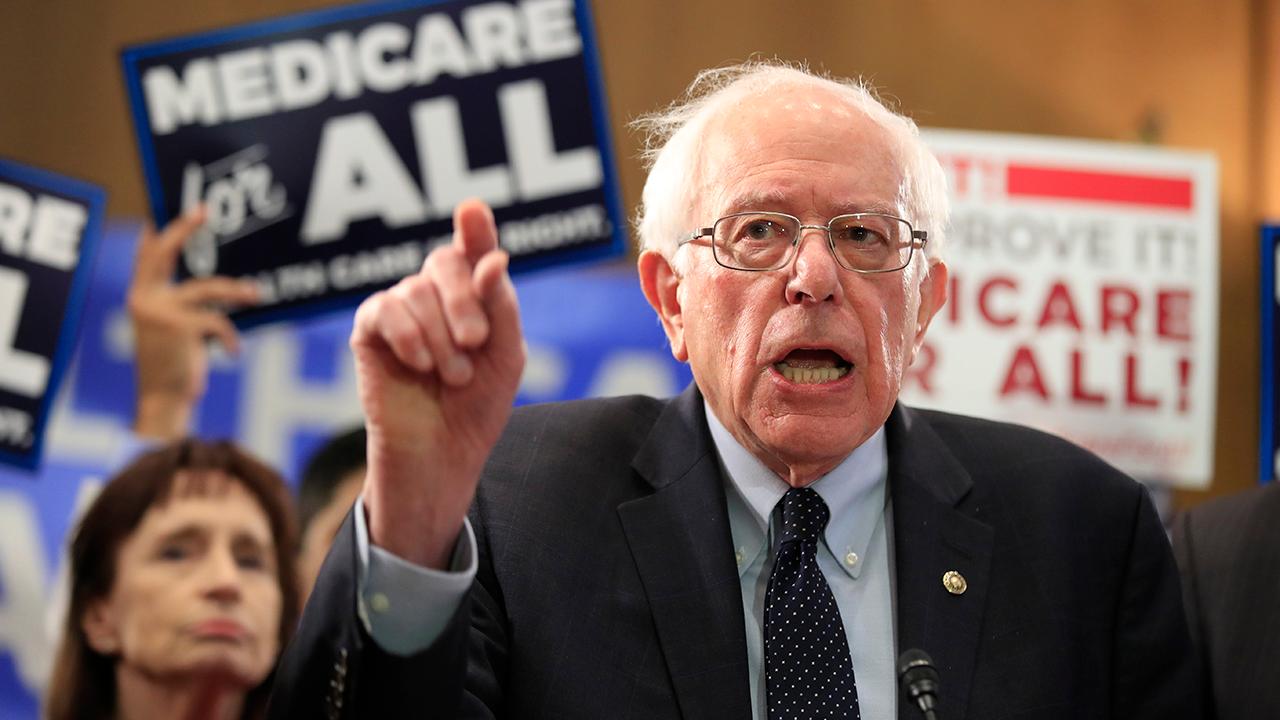Medicare-for-all could increase patient wait times, reduce access to care - CBO
As the idea of shifting the U.S. healthcare infrastructure toward a single-payer system gains momentum among Democrats, a new report shows the costs of that potential transition are difficult to pinpoint.
The idea behind the Medicare-for-all proposal is to expand coverage of the government-run program to all Americans, not just those over the age of 65. These types of plans would largely eliminate the role of the private insurance market. They would also eliminate deductibles, co-pays and insurance premiums.
However, there are a number of ways such a system could be implemented and therefore, according to analysis released by the Congressional Budget Office (CBO), it is difficult to say how much it would cost to implement.
The report did note that the system would require “substantially” more spending on behalf of the government.
“Shifting such a large amount of expenditures from private to public sources would significantly increase government spending and require substantial additional government resources,” researchers said.
It could not pinpoint an exact cost estimate due to policy uncertainty, though taxpayers could be on the hook for whatever that amount came out to be.
Medicare-for-all could result in lower administrative costs by eliminating insurers’ profits and streamlining certain tasks. It could also encourage investment in preventive care which helps reduce overall healthcare costs.
On the other hand, patients could experience reduced access to care and increased wait times, due to increased demand for care, and a potential lack of providers. Additionally, every American may not have their specific needs met, like access to new treatments.
There could also be ripples into other sectors of the economy, according to the CBO.
CLICK HERE TO GET THE FOX BUSINESS APP
The House introduced a Medicare-for-all bill, as has Independent Vermont Sen. Bernie Sanders. Sanders’ bill includes long-term care coverage. It would also cover dental, vision and hearing. The legislation allows for a four-year phase-in period. More than a dozen other senators have signed onto the bill as co-sponsors.
One estimate, which was disputed by Sanders’ campaign, forecast Medicare-for-all could cost more than $32 trillion over the course of a decade.
On Tuesday, the House held its first hearing on the Medicare-for-all bill introduced in the chamber.




















